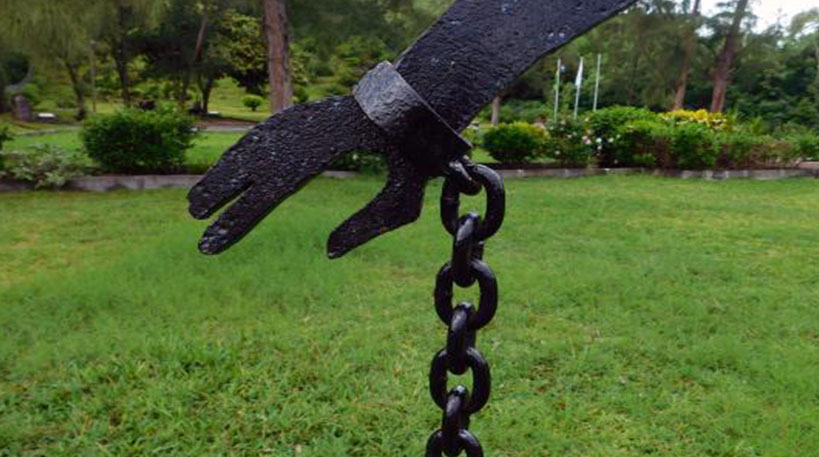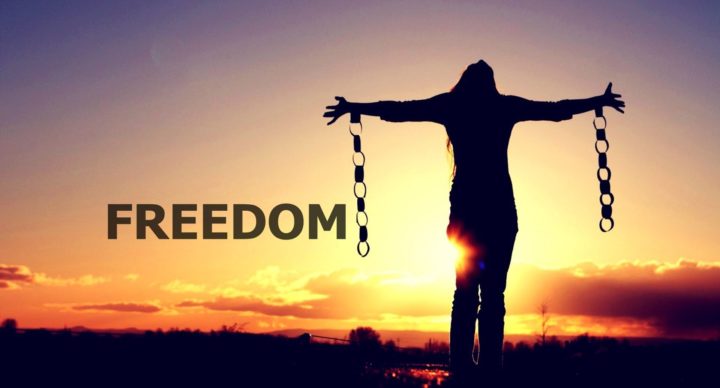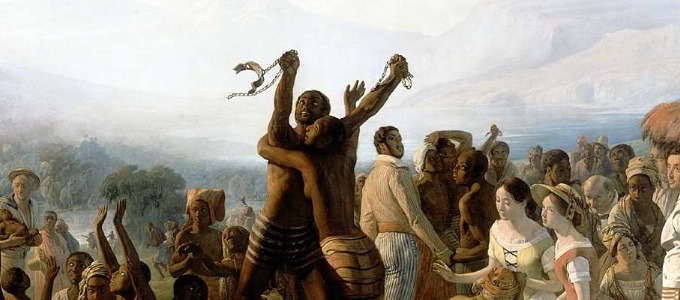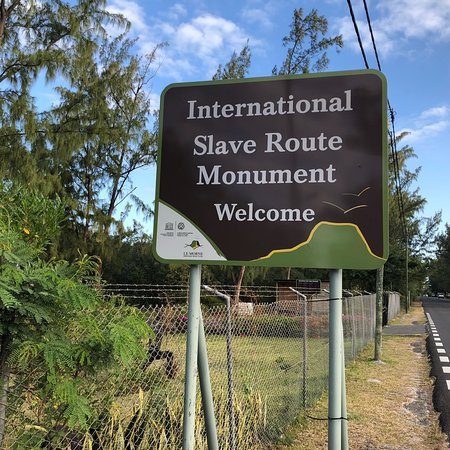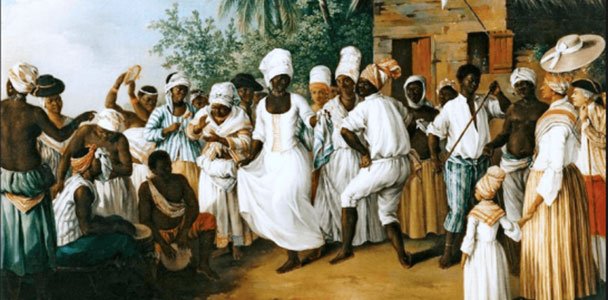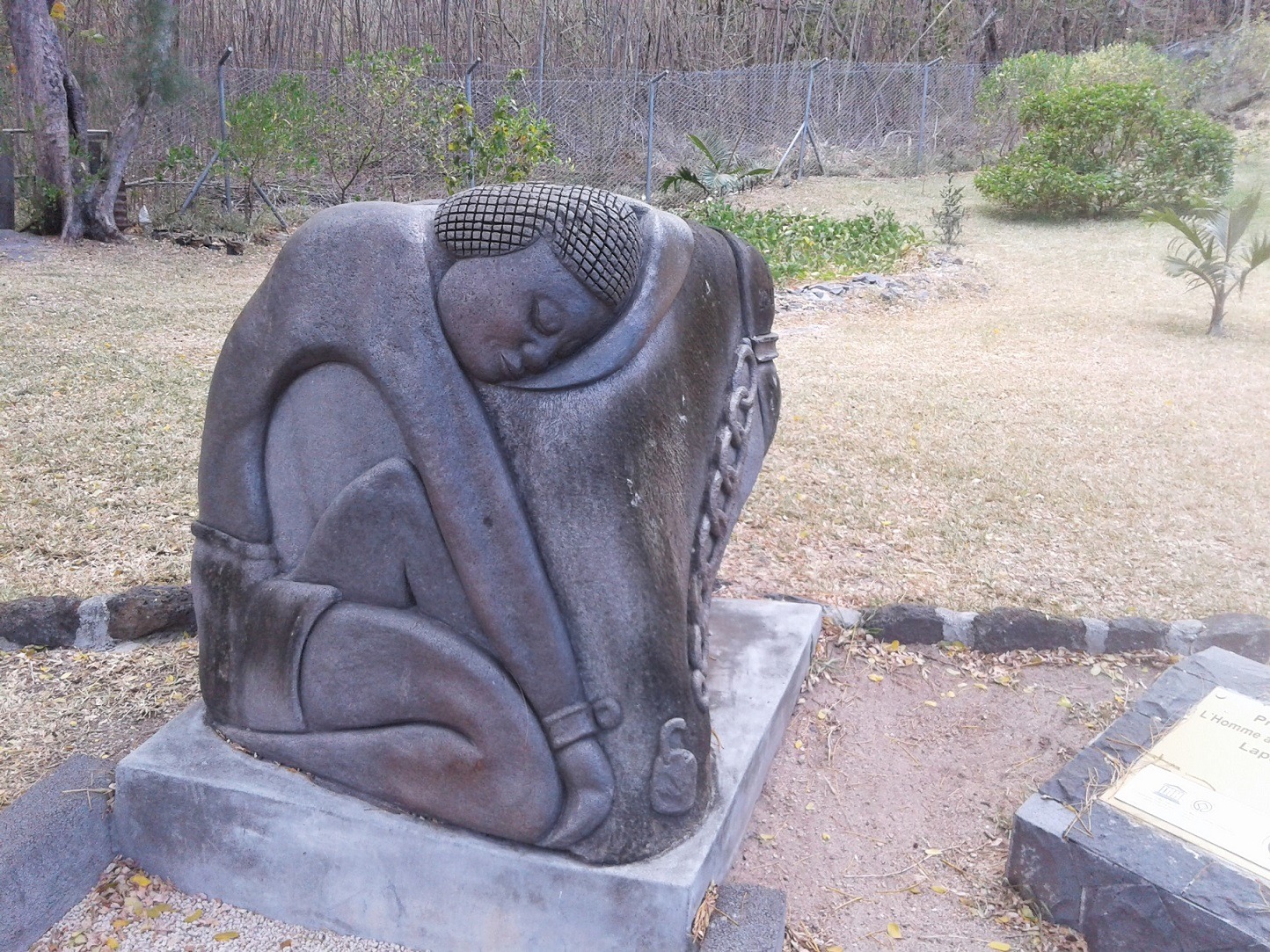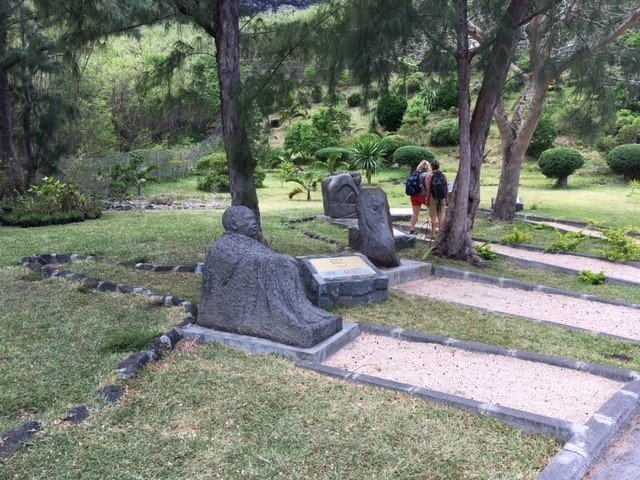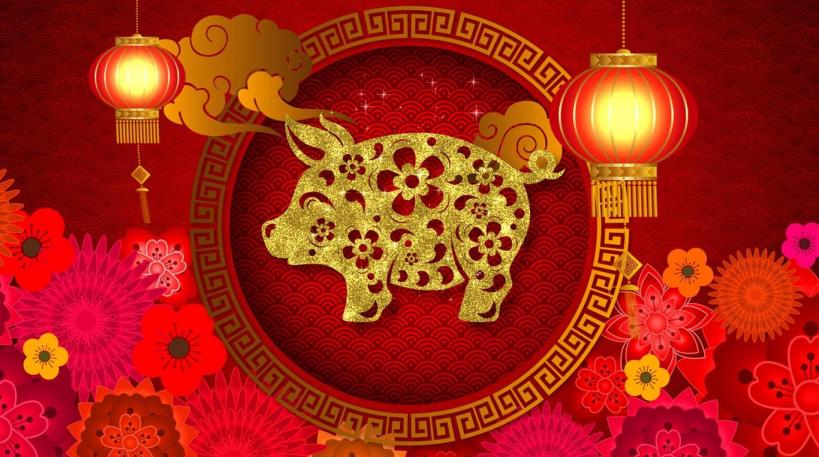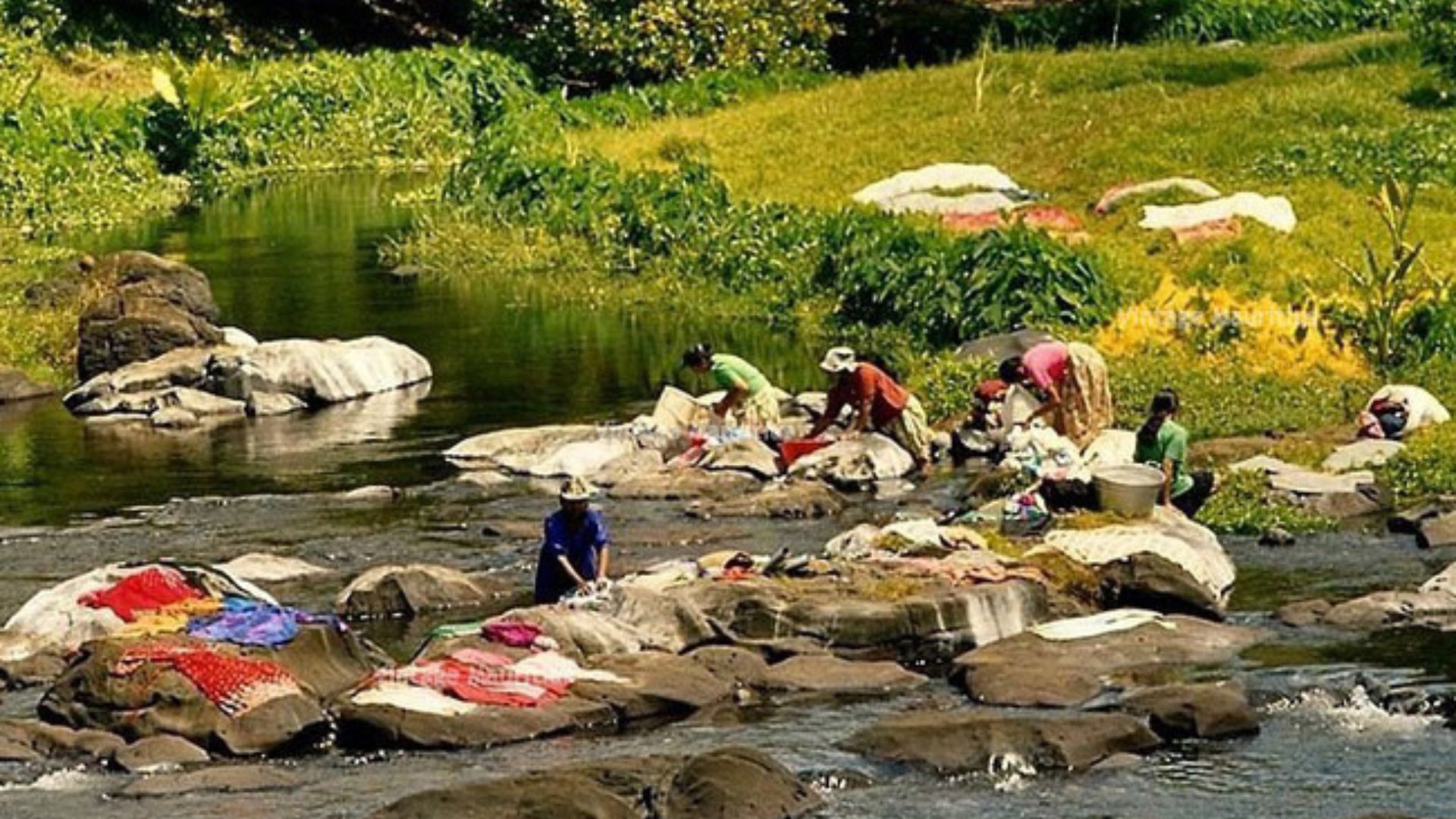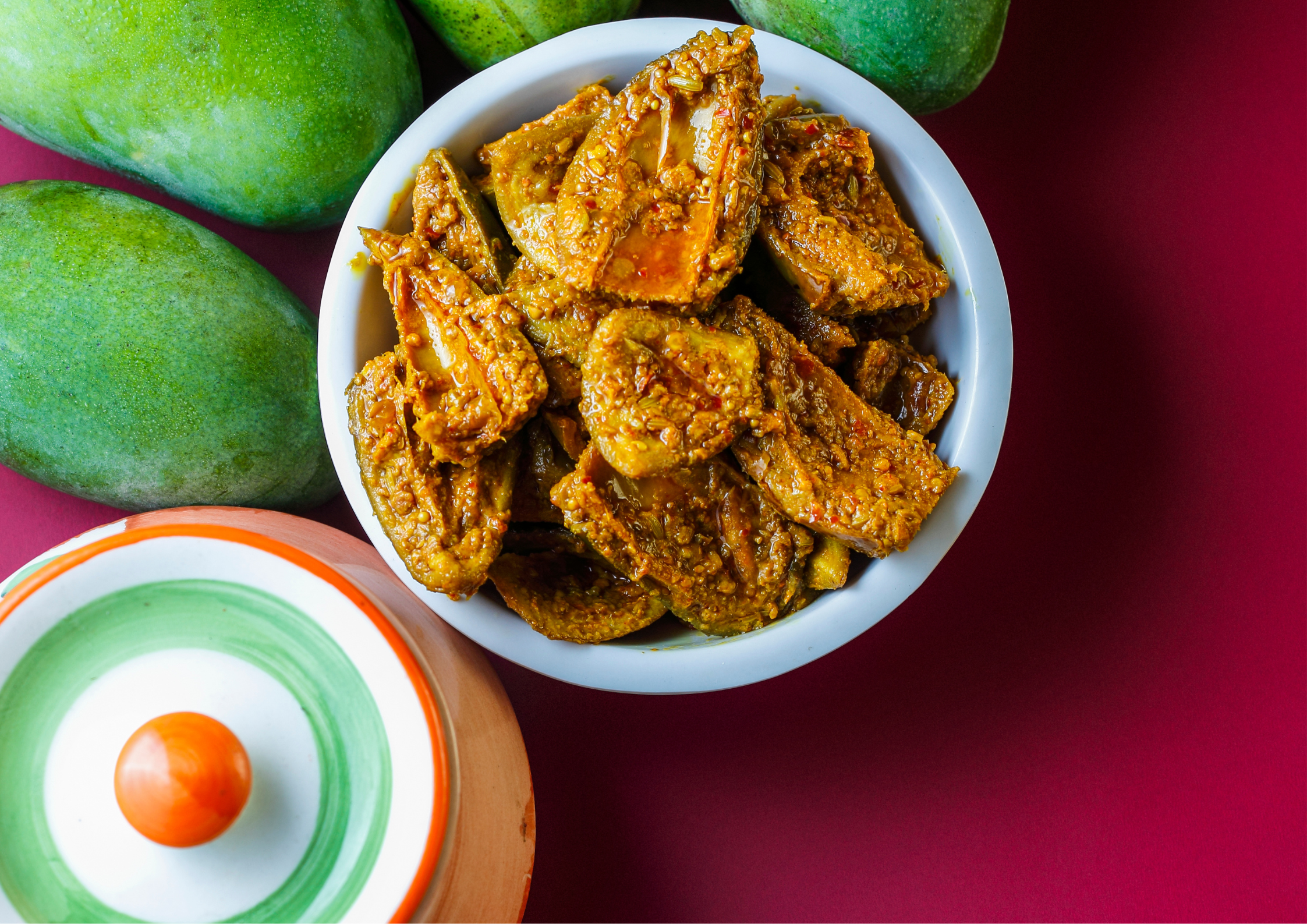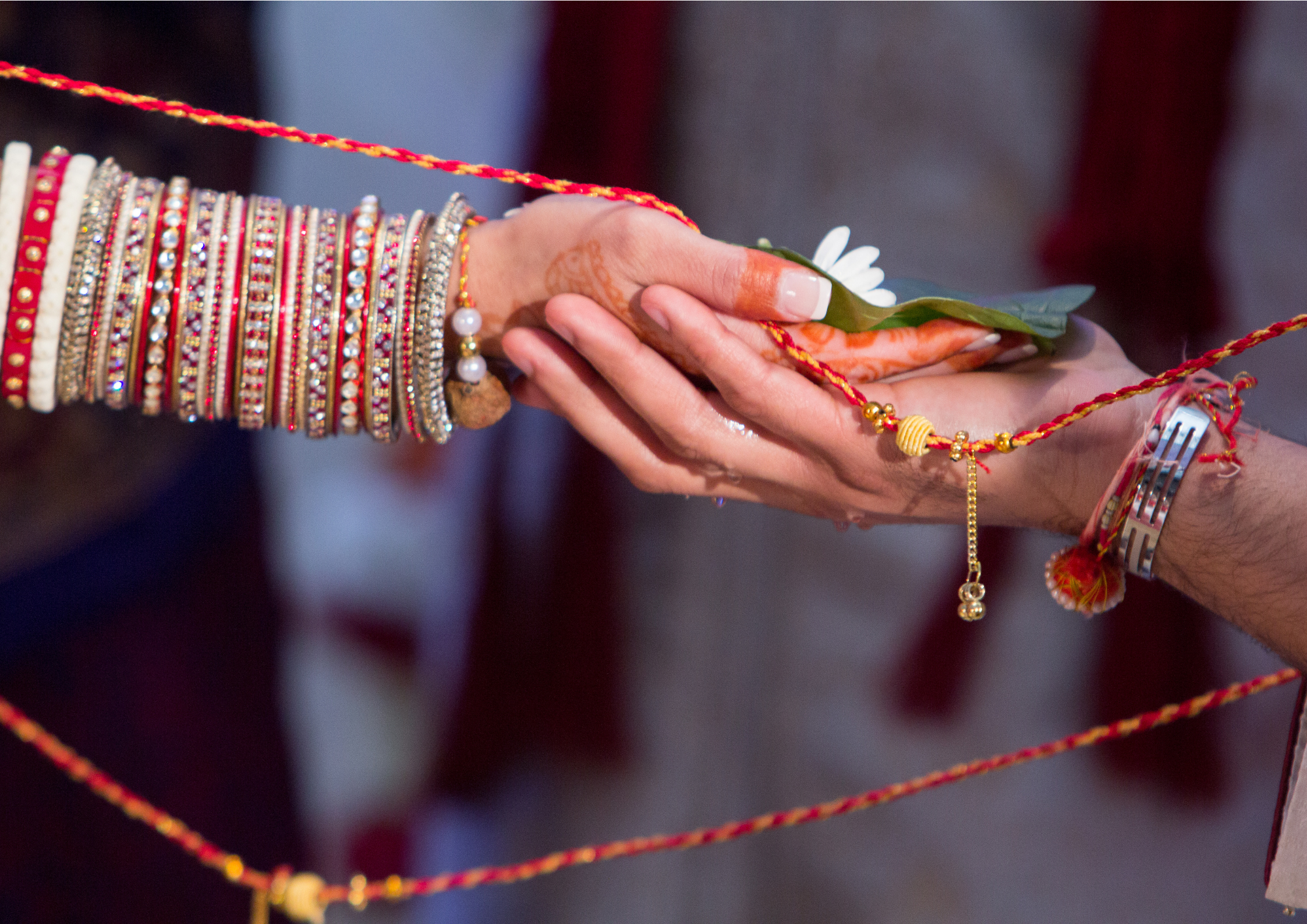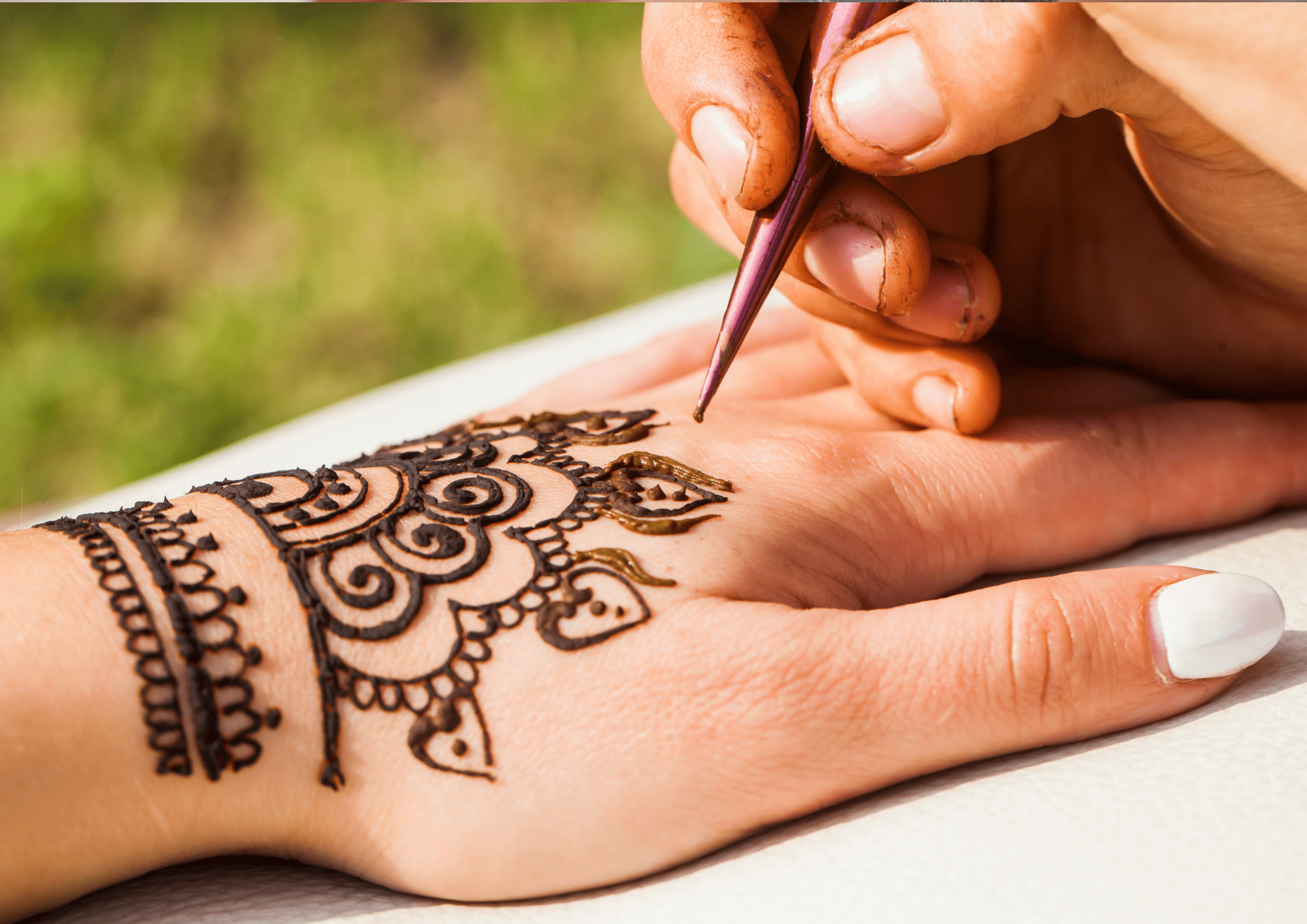01st February: Abolition and Freedom
What self-respecting person could remain unmoved by the ignominious acts of slavery?
Slavery is a system that brings man to his knees and reduces him to a burden bearer. It was abolished on 01st February 1835 in Mauritius and this day is a Public Holiday to commemorate the special anniversary. Let us all take a moment to grasp and profoundly reflect on the hardships endured by these thousands of men and women, uprooted from their families, their territory, their homeland.
Once an uninhabited island, Mauritius was one of the last in the world to be populated. The first slaves were brought during the Dutch colonization. Among the hundred or so who came from Antongil Bay in Madagascar under Governor Van der Stel’s rule, over half fled to seek refuge in our forests, due to the inhumane living conditions they suffered. Their broken chains symbolize the Freedom they were deprived of. They were called ‘maroons’ or runaway slaves and they gathered in the woods in small or large bands or gangs and lived out of robberies. They were extremely difficult to catch, as roads were barely cleared despite the narrowness of the territory.
According to Pingré, the number of maroons amounted to around 800 in 1761. Life was extremely hard. What did they feed on? They would go at sea, as the lagoons contained a wealth of fish then. During the daytime, they attracted stags, introduced from Java, towards the forests by blocking their alternate routes or they hunted wild boars. Hunger actually forced them to come out of their secluded retreats, while taking all preliminary precautions to remain unspotted. They shared tricks and tips with their peers and moved to the countryside to plunder in and around villages.
Maroons were victims of human hunting, chased down mercilessly by night and by day. They were not safe anywhere. Those found guilty of offering refuge to runaway slaves were severely punished. Maroons were then uprooted all over again and became socially excluded. They therefore developed their own identity.
Maroon: This word is still used in everyday language. Thus, an illegal taxi operator is called: ‘A taxi marron’. An invasive wild raspberry is called “vigne marrone”. The most significant Mauritian creole expression referring to the time of slavery is probably: ‘Marron la hein!’, which means, ‘Get away from here before we can catch you’. The words are uttered to scare someone who has done something wrong away.
An elder told me that during the time of segregation, a black man fell madly in love with a girl of European descent and she reciprocated his love. One day, her horse-drawn carriage was stopped while she was travelling to the capital. She ran away with her beloved. Tracked down and found, she was disinherited. But oh, how happy she was to spin the perfect love with the young man! Is this story true? I could not tell…
On February 01st, we remember the struggle for individual freedom, honor victims of slavery and celebrate Freedom. This same Freedom, enjoyed today on our beloved Motherland, is taken for granted…whilst it was fought for so hard by this uprooted people then. Let us pay tribute to the slaves and maroons for their achievements and contribution in the development of our country.
At the foot of Le Morne Mountain, the symbol of resistance to oppression, may we have a special thought for all those who, with courage and determination, have struggled to simply be FREE.
Gazing at the mountain, warmed by the darting rays of the sun, we will certainly see the tropicbird ‘Paille en Queue’ flying high, wings spread, completely FREE.
May Freedom and human rights be forever respected …
Natur Lza

